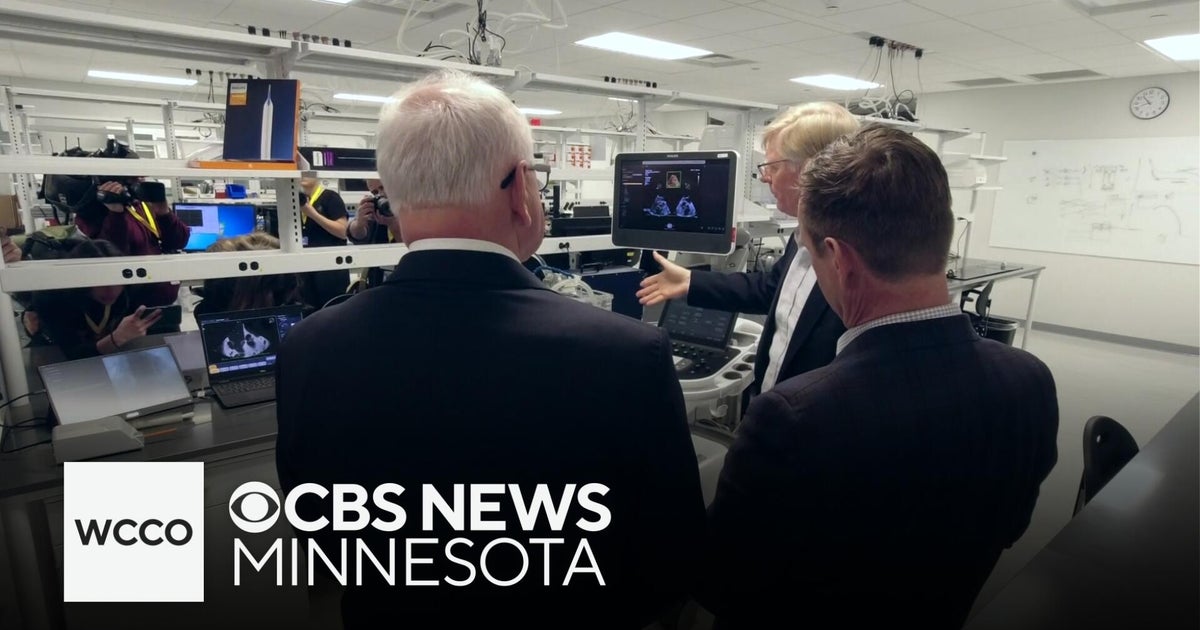A revolutionary approach to credentialing is emerging in the US, aimed at helping immigrants overcome barriers in the job market. Many face challenges related to work authorization, language, and the translation of foreign credentials, as noted by Tameshia Bridges Mansfield from Jobs for the Future (JFF).
The Pilot Program
To address these issues, JFF, in collaboration with the International Rescue Committee (IRC), launched a 15-month pilot program to test learner employment records (LERs). These records provide a digital solution for job seekers to share their skills and qualifications with potential employers.
Despite the success—100% of participants secured jobs—there are still challenges, particularly regarding employer acceptance of LERs. Kevin Davis from IRC mentioned that while all clients attempted to leverage LERs in their applications, the extent to which employers valued them varied.
A Digital Wallet for Achievements
Davis managed the pilot in Tucson, Arizona, and Des Moines, Iowa, where participants received digital credentials that they could share through a digital wallet. Similar to how a smartphone wallet stores tickets, LERs hold verifiable information about a person's achievements, education, and skills, allowing individuals to control their data and share it as they choose.

Participants learned essential workplace skills, which were documented in their LERs. This technology empowers immigrants by giving them ownership of their data, as Mansfield highlighted, allowing them to manage how it is shared.
A Universal Tool for Skill Evaluation
LERs are not only beneficial for immigrants but could also enhance the skills-based hiring approach. This method prioritizes a job seeker’s abilities over formal education, aligning with trends to diversify workforces.
In 2023, an interactive map of the LER ecosystem was launched to facilitate access to this technology across the US. States like California, Alabama, and Arkansas are exploring LER implementation to document skills and qualifications.
Challenges Ahead
While LERs show great potential, challenges remain, such as the need for technology partners to create secure platforms and the necessity for job seekers to have digital literacy. Moreover, not all employers are prepared to integrate LERs into their hiring processes, highlighting the need for broader employer education and buy-in.
As Davis states, while stakeholders recognize the value of LERs, the logistics of implementing this technology remain a significant hurdle.







Comments
Join Our Community
Sign up to share your thoughts, engage with others, and become part of our growing community.
No comments yet
Be the first to share your thoughts and start the conversation!